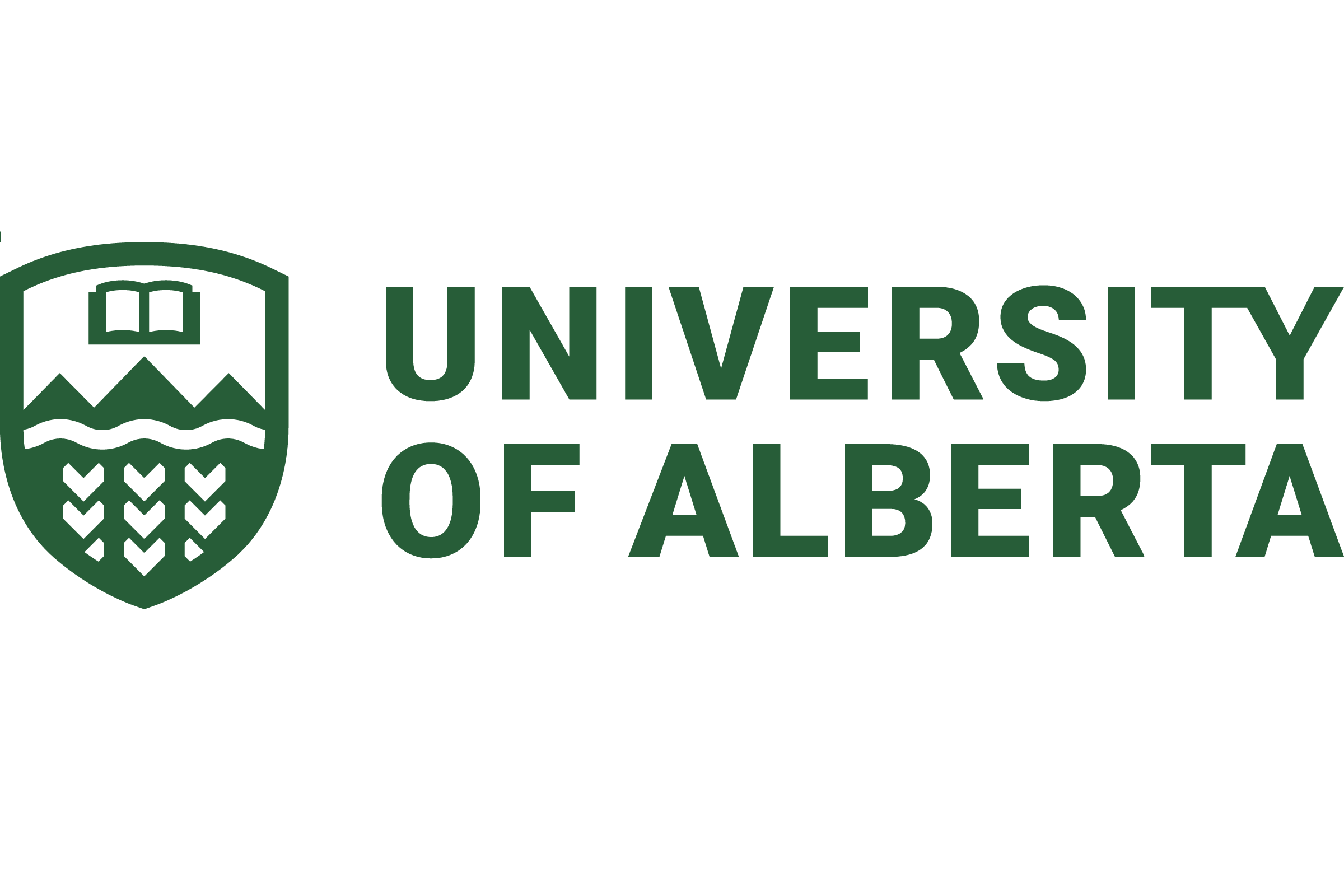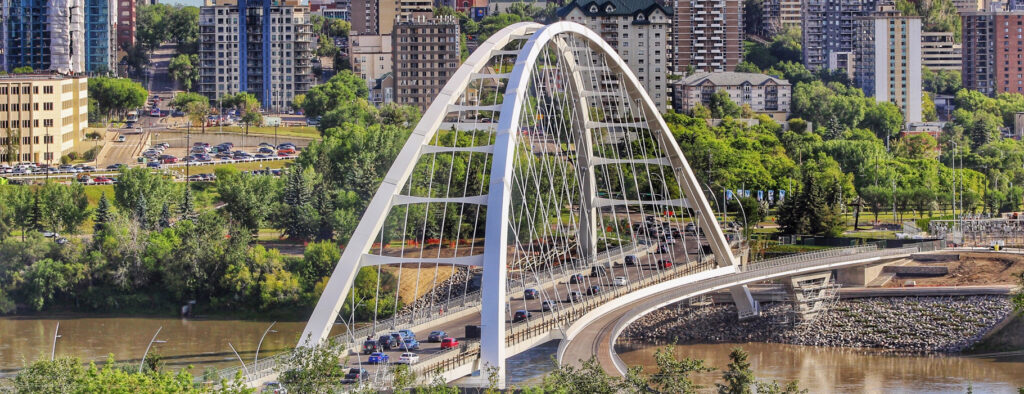

Dr. Craig Ferguson
Directeur(trice) du programme
Cindy Doyle
We are well-prepared to train residents during the Covid-19 pandemic. Our program was recognized by the Radiological Society of North America as having one of the top pandemic responses among North American radiology programs. We ensure that our trainees are able to learn and work in an environment that emphasizes resident wellness and safety, while we continue to provide excellent education and patient care.
We are committed to quickly adapting to the pandemic and public health guidelines, including home reporting and a home-based rotation program.
Our program prioritizes resident wellness, including a wellness representative on our Residency Program Committee (RPC), a formal mentorship program, a social committee and a developing wellness curriculum.
We have a diverse staff and resident cohort, including various subspecialties, radiology groups, gender and racial backgrounds.
Our RPC adapts to evolving resident needs, including major changes over the past few years. Some recent examples include the new night float call system, the addition of a PGY 1 representative on the RPC, modifications regarding resident wellness and COVID-19-related changes.
We offer training balanced between community, academic, subspecialty and general practice, with a massive catchment area allowing for exposure to a variety of pathologies.
The people in our program and the city of Edmonton are friendly and welcoming. Many people who come to Edmonton from other parts of Canada end up staying here for their entire careers because it is such a great place to live and work.
The city is modern, clean and safe, with an efficient rapid transit system and uncongested roads. Our facilities and infrastructure are well-maintained.
Edmonton has a wonderful river valley and great attractions, such as the Valley Zoo and Fort Edmonton Park. It is easy to stay active, with year-long outdoor activities. There is a great food, arts and music scene as well.

Our call system uses a night float model. A night float week consists of seven straight nights of working from 11 p.m. to 8 a.m., beginning with a pre-call day on Friday and ending with a post-call day the following Friday. Residents also do evening shifts from 5 p.m. to 11 p.m. PGY 2, 3, and 4 residents do an emergency radiology block each year to complete a large portion of their call at once. This model has resulted in significant improvements in resident wellness and learning.
Our program typically has two to three body fellows, one to two interventional radiology (IR) fellows, one to two musculoskeletal (MSK) fellows, one pediatric fellow and possibly one neuro fellow. We try to ensure that residents and fellows are on different schedules so that residents get lots of hands-on experience. Our large catchment area and access to many academic and community hospitals and clinics limit competition between residents and fellows, while maximizing teaching and collaboration.
We guarantee residents at least $2,000 for international conferences and $1,000 for Canadian conferences at least once when presenting. Additional requests will be considered on a case-by-case basis but are usually approved. Funding is available for audits, research projects or educational exhibits.
LRT/public transit will get you to the vast majority of your rotations and academic sessions. The LRT (train) stops at both the Royal Alexandra and University of Alberta hospitals and runs between the two major teaching sites. The Grey Nuns Community Hospital will be connected by 2022. There are some rotations at alternate sites that are more challenging to reach via transit but it is feasible.